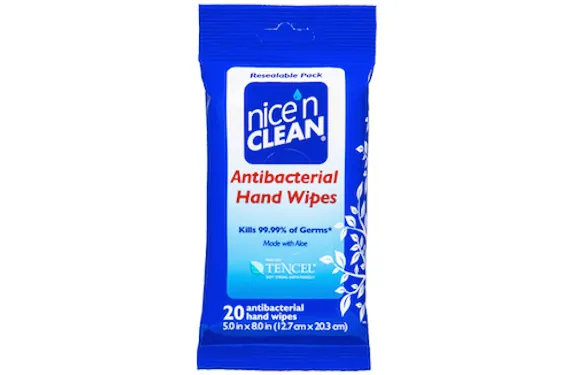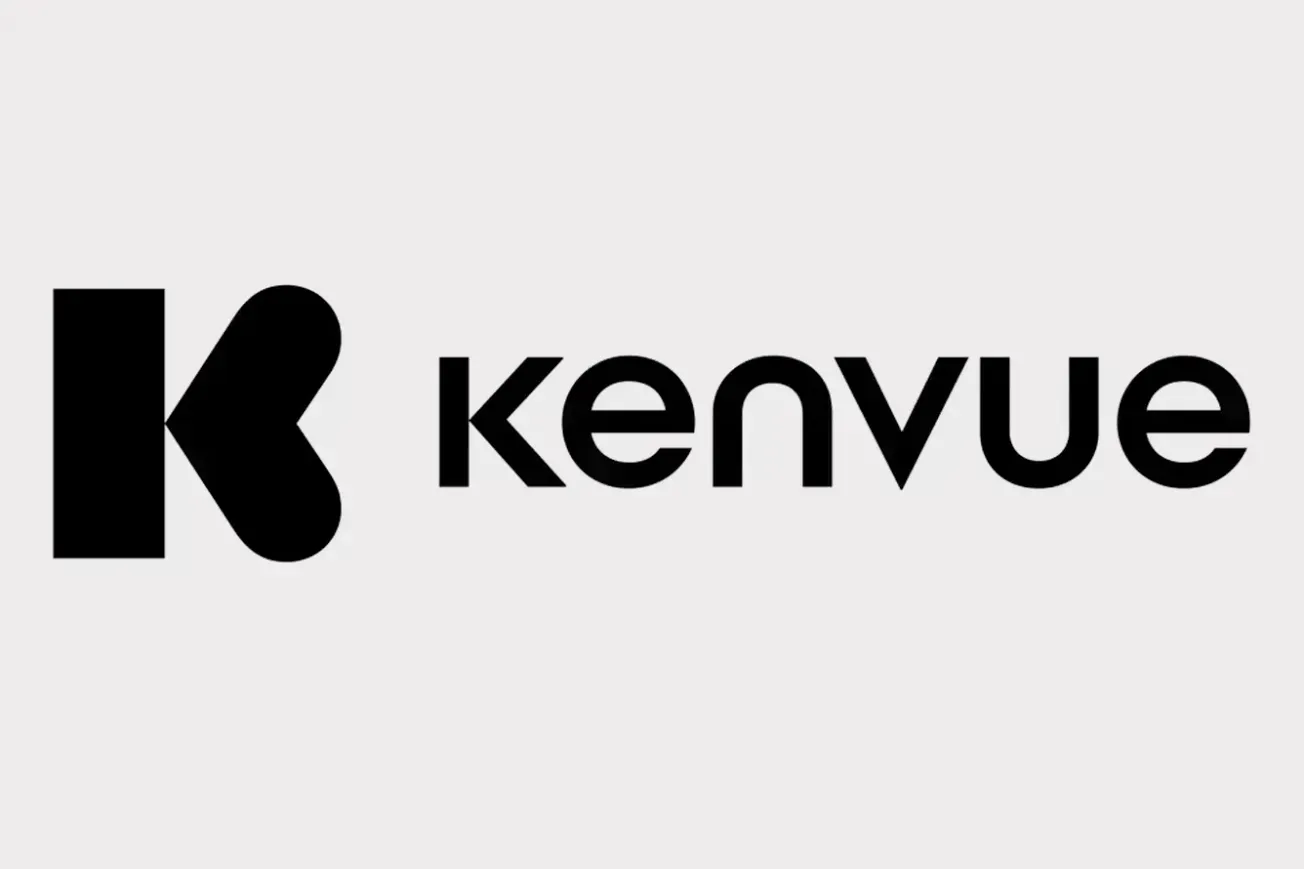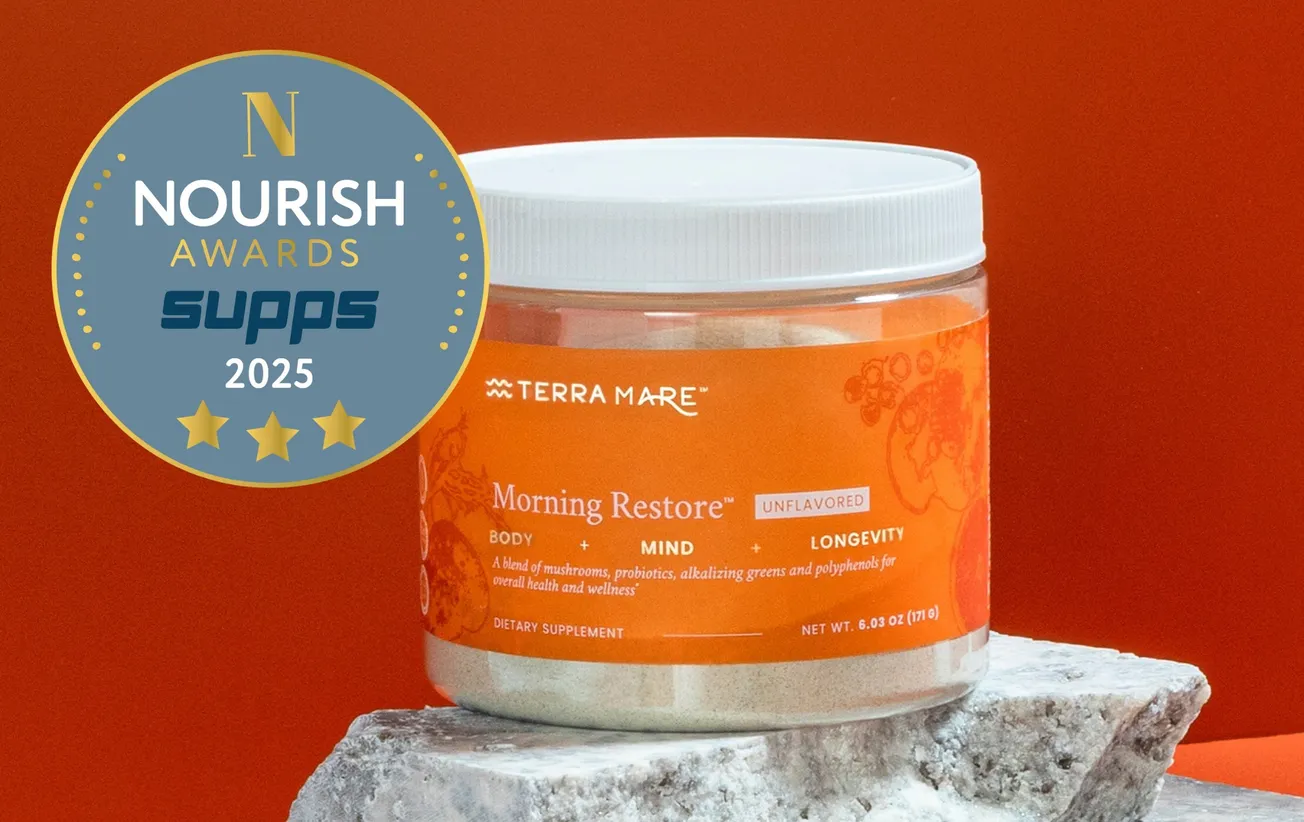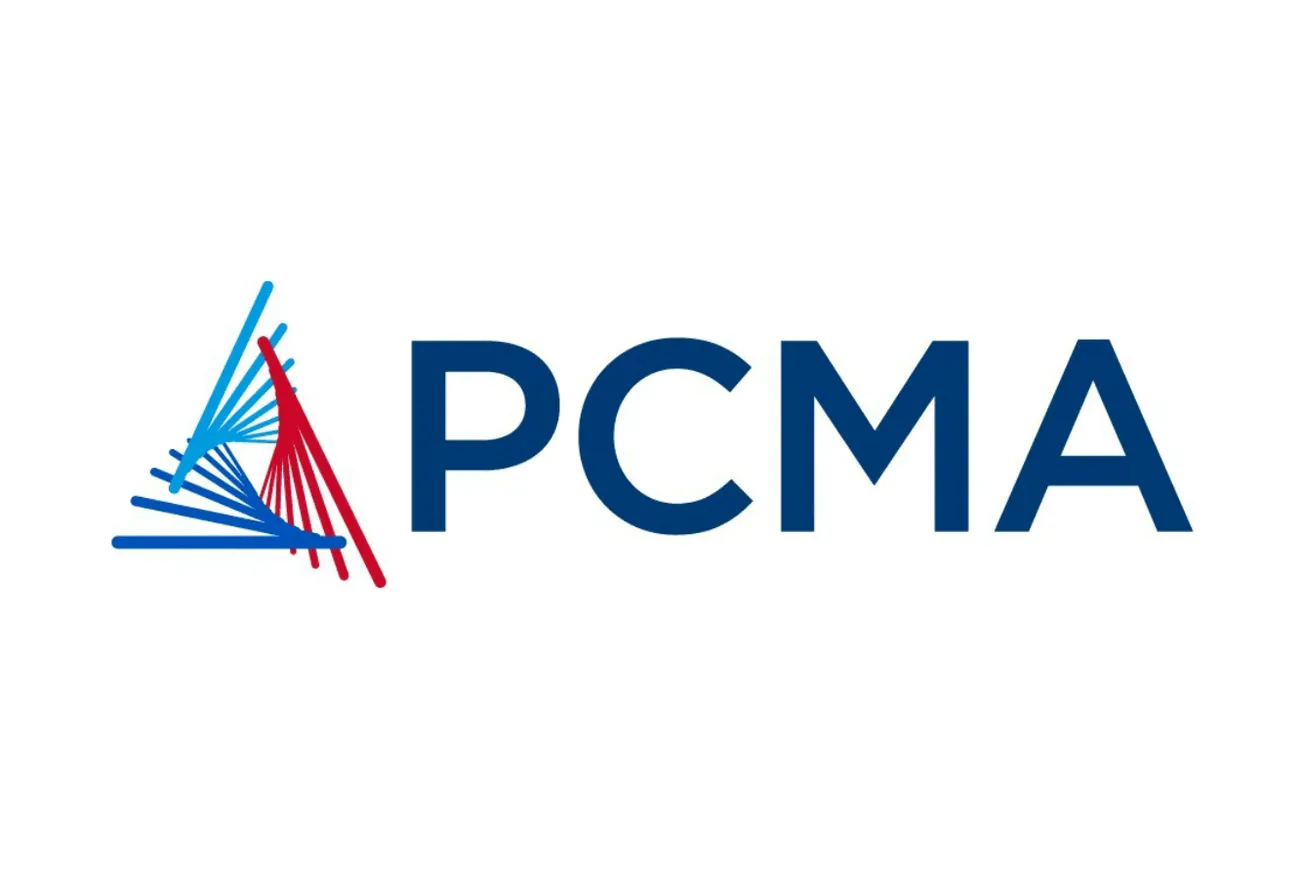NEW YORK — Nice ‘n CLEAN, a Nice-Pak brand, has been tabbed as the exclusive wet wipe sponsor of Food Allergy Research & Education (FARE).
Nice-Pak said Wednesday that the partnership is designed to support FARE’s mission by raising awareness of how Nice ‘n CLEAN wipes can benefit people with food allergies on a daily basis.
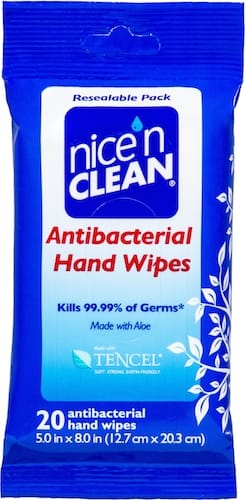
According to the company, Nice ‘n CLEAN Antibacterial Hand Wipes are more effective than gels in the removal of food allergen residue from hands and surfaces, and the wipes kill 99.99% of germs.
Nice-Pak noted that the partnership with Nice ‘n CLEAN marks the first time FARE is licensing its logo for on-pack use, solidifying the brand’s long-term commitment to the food allergy community. FARE is a leading advocacy organization for the 15 million Americans living with food allergies.
“We are proud to support FARE’s mission of safety and inclusion for individuals with food allergies,” stated Nice-Pak chairman and chief executive officer Robert Julius. “We touch consumers of our products more than 150 billion times a year worldwide. The mission of FARE aligns seamlessly with our purpose to help keep families healthy and well, one wipe at a time.”
Nice ‘n CLEAN Antibacterial Hand Wipes are available at CVS Pharmacy, Harmon and other retailers nationwide. Specially marked packages featuring the FARE proud supporter logo are slated to roll out later this year.
Nice-Pak added that Nice ‘n CLEAN will donate a portion of the proceeds to help fund food allergy research and awareness initiatives. The brand also plans to sponsor Healthy Hand Washing Stations at 52 FARE fundraising walks around the country.
“FARE is excited to launch this relationship with Nice ‘n CLEAN,” stated Lois Witkop, chief advancement officer at FARE. “As a proud supporter of our mission, their organizationwide commitment and the broad reach of the Nice ‘n CLEAN product line will enable FARE to advance our critical education and advocacy work in communities across the country and to continue to raise awareness of food allergies as a growing public health issue.”

